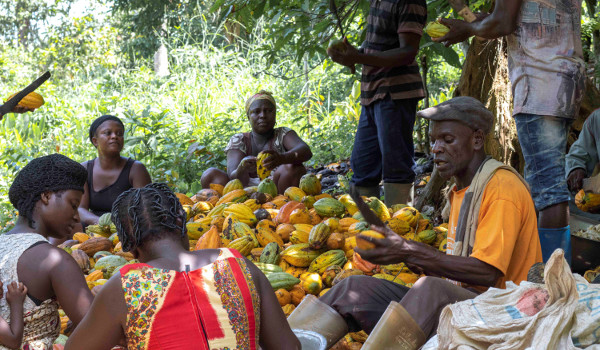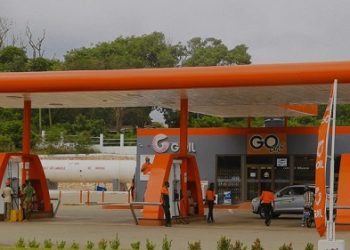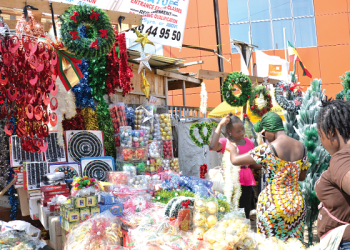A political analyst who doubles as a financial engineer Mr. Alex Emmanuel Nti has stated that
Ghana is known for its high-quality cocoa, which has been a significant contributor to the country’s economy for decades. However, the rise of illegal mining, known as galamsey, has posed a severe threat to cocoa farming in Ghana.
Speaking on Plan B FM’s late afternoon EBAANOSEN hosted by Ohene Kinnah, Mr. Nti stressed that galamsey operations involve the use of heavy machinery and chemicals, leading to extensive environmental degradation. Forests are cleared, water bodies are polluted with mercury and other toxic substances, and the soil is contaminated. These activities destroy the natural habitats of cocoa trees, disrupt the ecosystem, and compromise the long-term sustainability of cocoa farming.
He noted that cocoa farming requires vast areas of arable land, but galamsey encroaches upon these lands, rendering them unsuitable for cocoa cultivation. Illegal miners often excavate large pits and trenches, leaving behind barren landscapes that cannot support cocoa trees. The loss of arable land not only reduces cocoa production but also threatens the livelihoods of countless farmers who depend on cocoa farming for their income.
He continued that, the pollution caused by galamsey has a direct impact on cocoa trees, leading to reduced crop yields. The use of toxic chemicals contaminates the soil, affecting soil fertility and the growth of cocoa trees. Additionally, the destruction of forests disrupts the natural ecosystem, reducing the shade and humidity required for optimal cocoa growth. As a result, cocoa farmers experience lower yields, diminishing their income and the country’s cocoa exports.
Again galamsey activities create favorable conditions for the proliferation of pests and diseases that harm cocoa trees. The clearing of forests eliminates natural barriers that protect cocoa farms from pests, while the contamination of water bodies disrupts the natural balance of the ecosystem. These factors contribute to an increase in pest infestation, such as capsid bugs and black pod disease, further compromising cocoa production and quality.
“These may be the main cause of why Ghana’s creditors are reluctant to give cocoa syndicated loans”, he added.
Background
Ghana’s acquisition of the $800 million Cocoa Syndicated Loan is currently in limbo as banks remain skeptical about the country’s current economic standing, Vice President of Imani-Africa, Bright Simons, has said.
He said the move by the government to take loans from cocoa buyers was indicative of Ghana’s credit status.
According to him, this is the first time in 30 years Ghana has had to experience this.
“Well, you read it here many months ago, but now it is public. For the first time in 30 years, Ghana’s credit is so broken that the usual banks don’t want to do the syndicated cocoa loan. Yep. Ghana is now asking the buyers of its cocoa to give it just $400m to see “how far”,” he wrote on his Twitter/X page on November 8, 2023.
Ghana’s COCOBOD has borrowed almost $200 million from cocoa traders to finance cocoa purchases for the 2023/2024 season.
In September each year, COCOBOD secures the Cocoa Syndicated loan to finance licensed buyers who purchase cocoa from farmers for export.
Earlier this year, Bright Simons lamented the reduction in the amount that Ghana has been able to secure from the Syndicated loan since 2007.
He argued that for a country that received up to $2 billion in 2011, it is a huge downgrade to only obtain $800 million in 2023;
He said the drop in the amount for Ghana’s cocoa syndicated loan is not an indication of prudence on COCOBOD’s part but a drop in banking confidence.










Discussion about this post